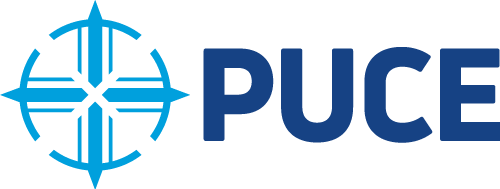End-of-life product management as a resilience driver for developing countries: A policy experiment for used tires in Ecuador
| dc.career | Carrera de Arquitectura | es |
| dc.category.author | principal | es |
| dc.contributor.author | Davis Michael, Joseph Maks | |
| dc.contributor.corresponding | Davis Michael, Joseph Maks | es |
| dc.country | Ecuador | es |
| dc.date.accessioned | 2023-11-04T21:30:37Z | |
| dc.date.available | 2023-11-04T21:30:37Z | |
| dc.date.issued | 2019-04 | |
| dc.dedication.author | TC | es |
| dc.description.abstract | Over the last decades, a number of new environmental policies have been designed to improve waste management. Among them, extended producer responsibility (EPR) has introduced a mechanism to shift the environmental and financial burden of end-of-life products from public management to producers. Recently, EPR has been adopted by a growing number of developing countries, but this policy often struggles in being effectively implemented in such contexts, missing the opportunity of using waste management as a sustainability driver. By discussing the EPR for end-of-life tires (ELTs) in Ecuador, this paper proposes a different approach in designing and implementing EPR schemes in developing countries: it recommends consideration of social sustainability, rather than merely copying foreign management frameworks. To address this point, two case studies on socially directed ELT applications were designed and carried out. The case studies aimed at improving resilience of vulnerable populations to natural disasters by increasing the resistance of housing and settlements against catastrophic events using civil engineering applications. The analysis of the case studies’ outcomes brings to light possible policy adjustments, in which social sustainability goals are taken into account within the national EPR scheme. The Ecuadorian case also highlights the benefit of employing an adaptive governance approach when dealing with challenging urban management topics, such as informality (a widespread phenomenon in developing countries) and resilience. | es |
| dc.faculty | Arquitectura, Diseño y Artes | es |
| dc.id.author | 1755217435 | es |
| dc.id.type | 1 | es |
| dc.identifier.doi | https://doi.org/10.1111/jiec.12861 | es |
| dc.identifier.issn | 1530-9290 | |
| dc.identifier.uri | https://onlinelibrary.wiley.com/doi/abs/10.1111/jiec.12861 | es |
| dc.identifier.uri | https://repositorio.puce.edu.ec/handle/123456789/4599 | |
| dc.indexed.database | Scimago Journal Rank | es |
| dc.list.authors | Cecchin,A., Lamour, M., Maks, M., Jácome, D. | es |
| dc.magazine.pageRange | 1292-1310 | es |
| dc.magazine.title | Journal of Industrial Ecology | es |
| dc.magazine.volumeChapter | 23(5) | es |
| dc.rights | OpenAccess | es |
| dc.state | published | es |
| dc.subject | Reciclaje | es |
| dc.subject | Gestión de residuos | es |
| dc.subject | Neumáticos | es |
| dc.title | End-of-life product management as a resilience driver for developing countries: A policy experiment for used tires in Ecuador | es |
Files
License bundle
1 - 1 of 1
